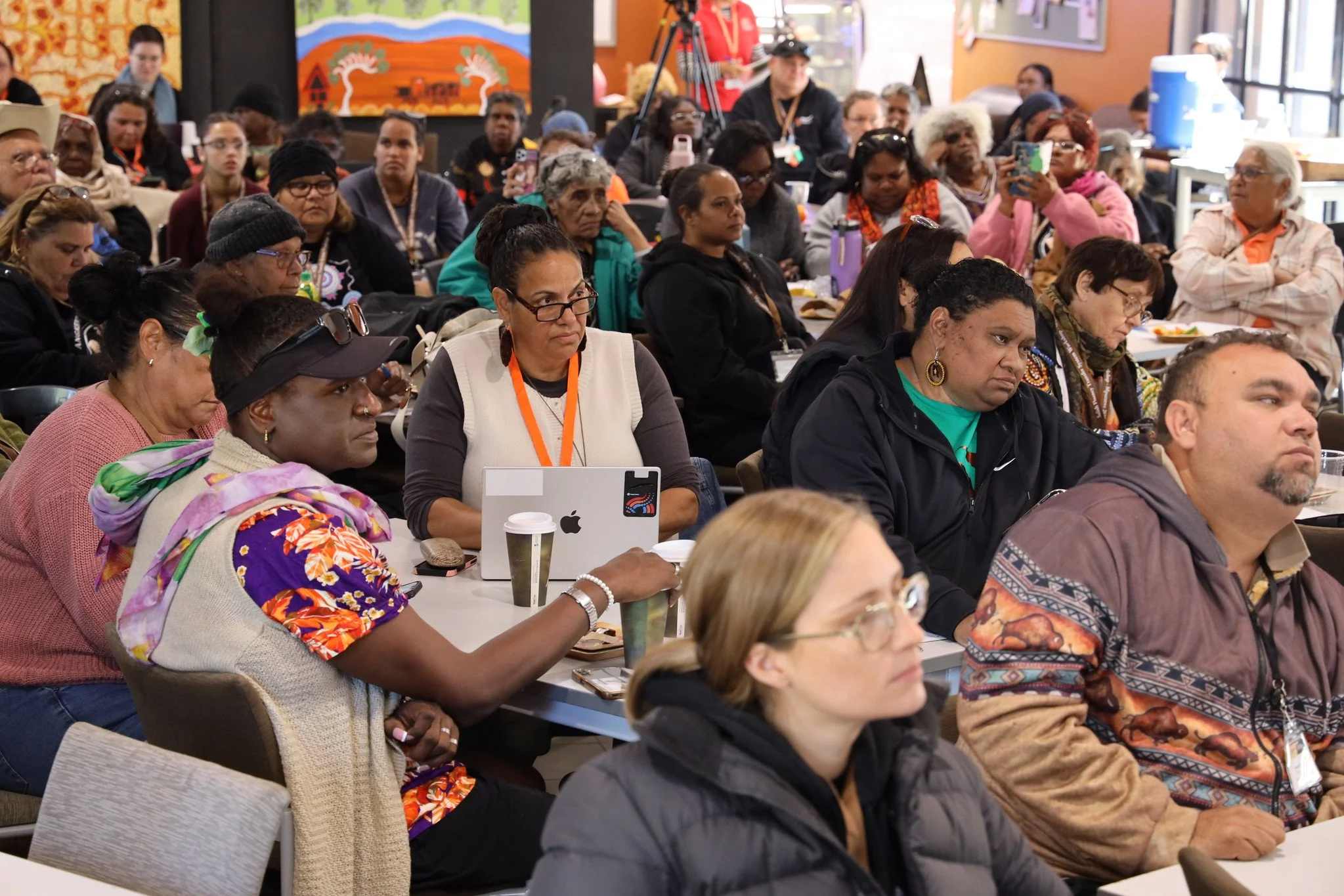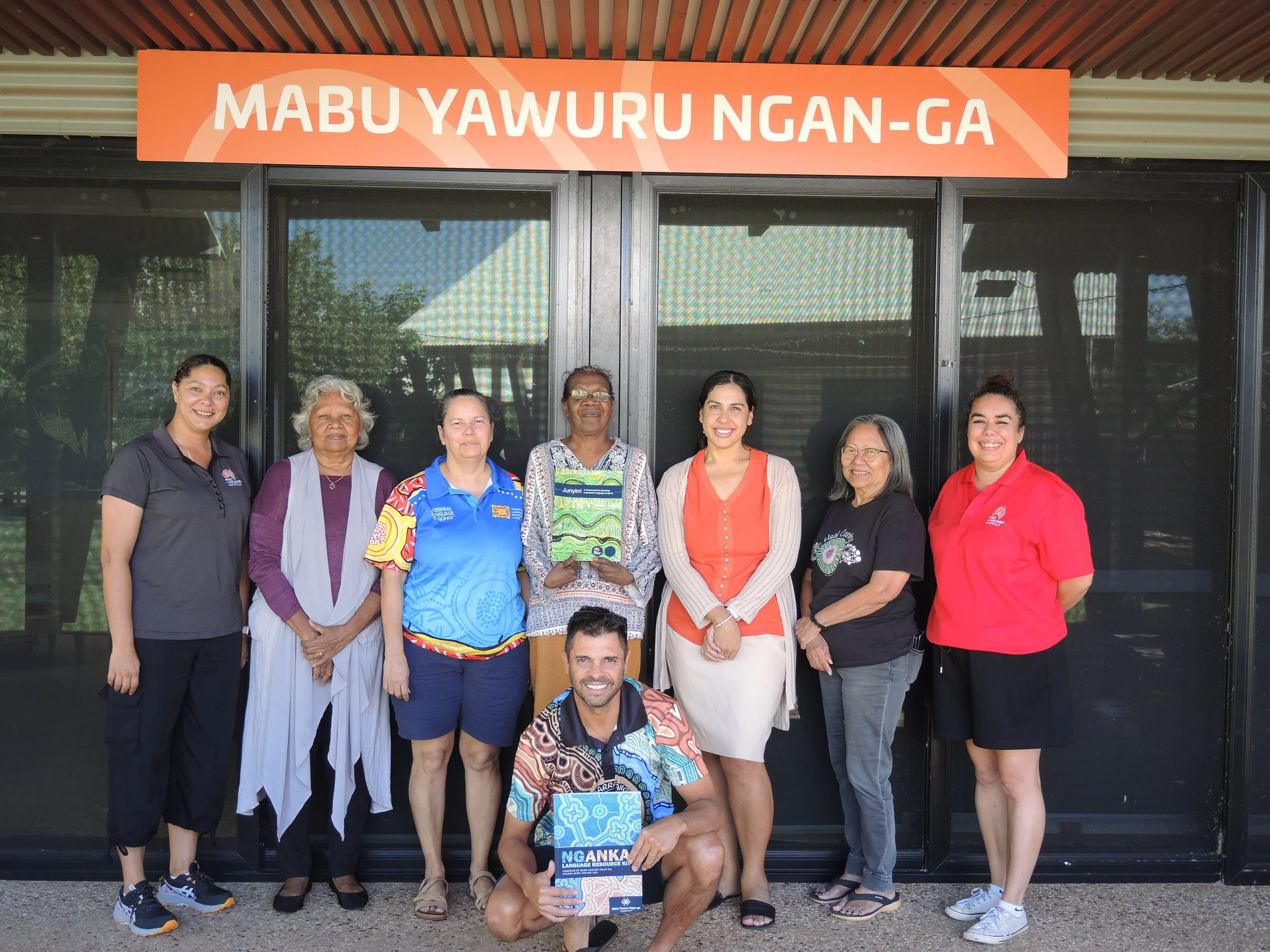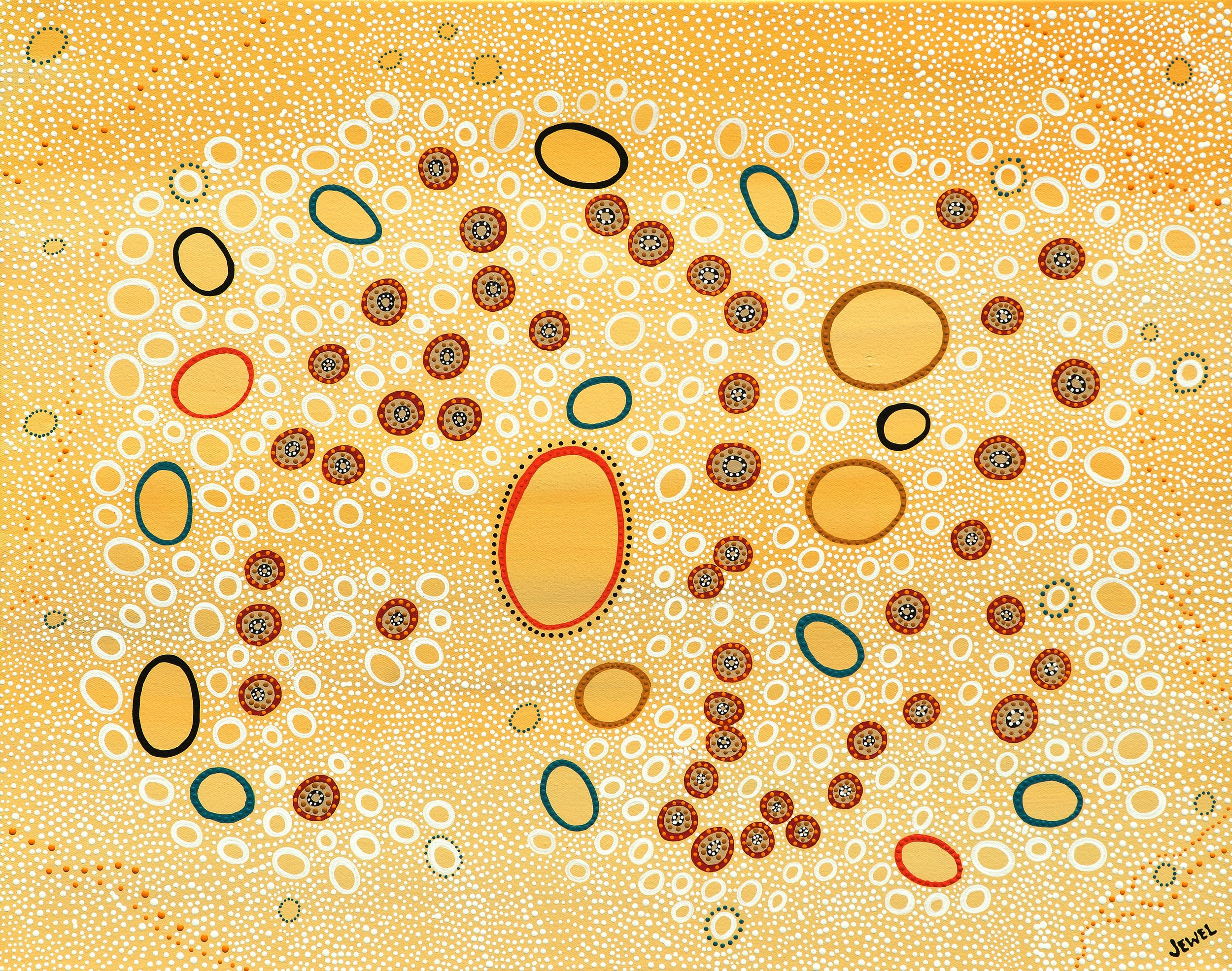Call for Performers- Garal Jagun song series
We are thrilled to bring the news that the ABC will once again partner with First Languages Australia to record a series of First Nations Children’s Songs, this time with a theme of Country or Place. Titled “Garal Jagun” - Many Places, this ABC Education series will have links with the national geography curriculum.



















